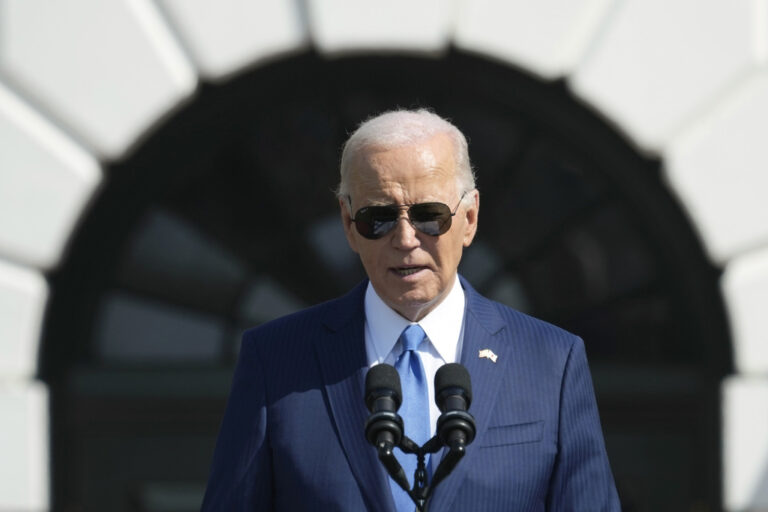 In a presidential campaign where candidates have argued about deporting 11 million immigrants, breaking up banks and banning Muslims from entering the country, tax policy has slipped to an afterthought, at best. That will almost certainly change come November, when economically worried voters realize the Democratic and Republican nominees differ more on taxes this year than any election since Reagan vs. Carter in 1980.
In a presidential campaign where candidates have argued about deporting 11 million immigrants, breaking up banks and banning Muslims from entering the country, tax policy has slipped to an afterthought, at best. That will almost certainly change come November, when economically worried voters realize the Democratic and Republican nominees differ more on taxes this year than any election since Reagan vs. Carter in 1980.
The divide is coming into sharper relief as the non-partisan Tax Policy Center methodically releases its analyses of the various presidential contenders’ tax plans. The center has worked its way through the Republican field and, on Thursday, turned its attentions to Hillary Clinton, the front-runner for the Democratic nomination. (Presumably, it will get to Bernie Sanders next.)
Its findings are a blueprint for the policy-themed attack ads — assuming those are still a thing — voters can expect to see across swing states this summer and fall.
The Republican attack on Clinton’s plan is simple: She’s raising taxes to fund more big government. We’re cutting them — and the economy’s going to boom when we do.
The Clinton attack is this: I’m making the rich pay their fair share — and they’re blowing a hole in the budget to give billions to the 1 percent.
Set aside the growth argument for a second. The Center’s analysis supports all the other claims. It finds, for example, that Clinton would raise taxes by a lot on the very rich, and by almost nothing on the middle class. Her campaign has promised a future middle-class tax cut, as well.
The Center also finds that Republicans, to a candidate, cut taxes for everyone. But those tax cuts deliver the most benefits by far, in absolute and percentage terms, to the rich, and they all add trillions to the deficit over the next decade.
Those numbers by themselves, particularly the deficits they add up to, would seem to give Clinton a big advantage. Voters aren’t telling pollsters this year that they’re prioritizing huge tax cuts, but they do say they’re worried about the budget deficit, and they’re mad that the economic system seems to favor the rich. To parry Clinton’s attacks, Republicans are going to need to make a hard sell on the growth argument — that tax cuts will massively speed up economic expansion. They need voters to believe their cuts will super-charge the economy and kick out a lot of revenue for the government. They’ll also need to detail more spending cuts than just “waste, fraud and abuse.”
That may be a tough sell. Voters remember the swelling deficits that followed the Bush tax cuts a decade ago. And it’s not just Democrats who are skeptical that a potential GOP nominee will find enough spending cuts to pay for his tax plan. It’s also some guy named Mitt Romney.
(c) 2016, The Washington Post · Jim Tankersley





